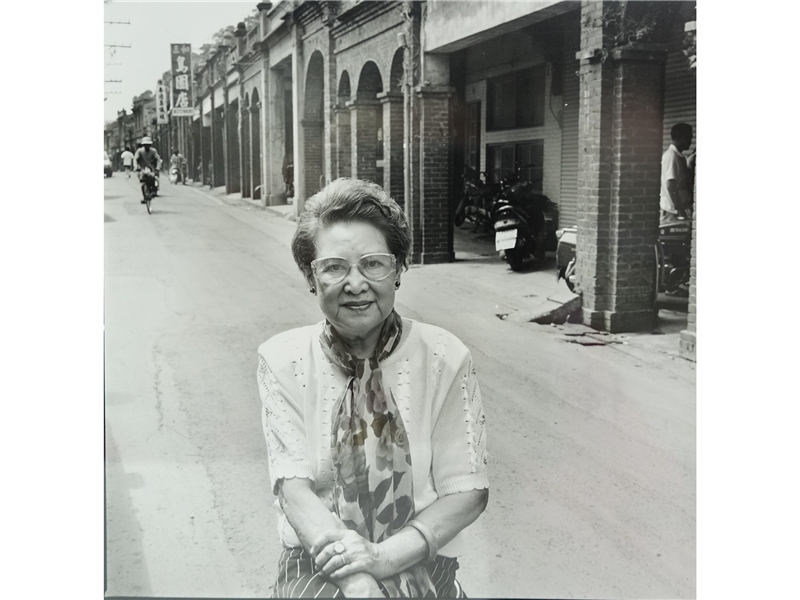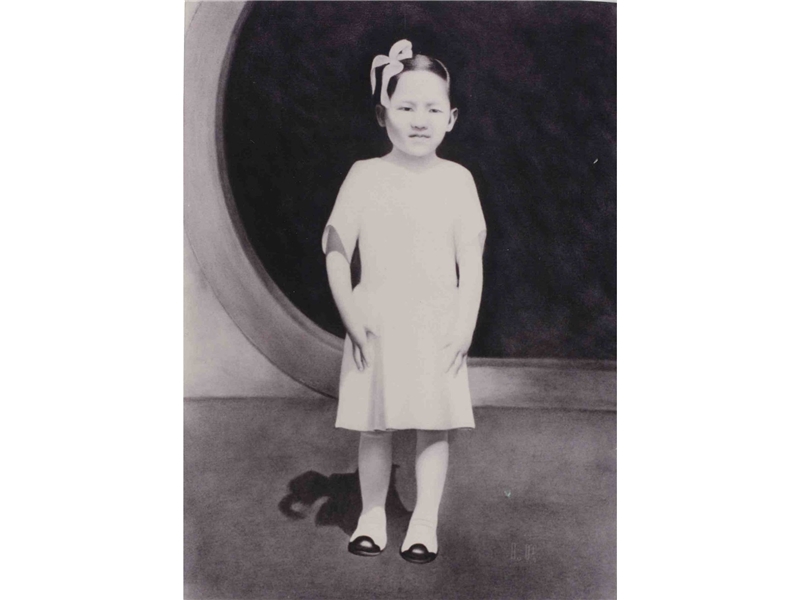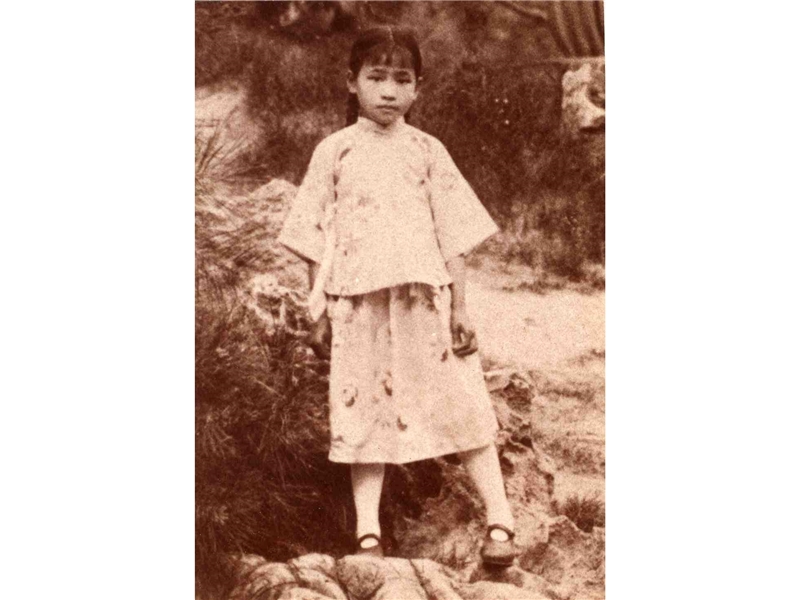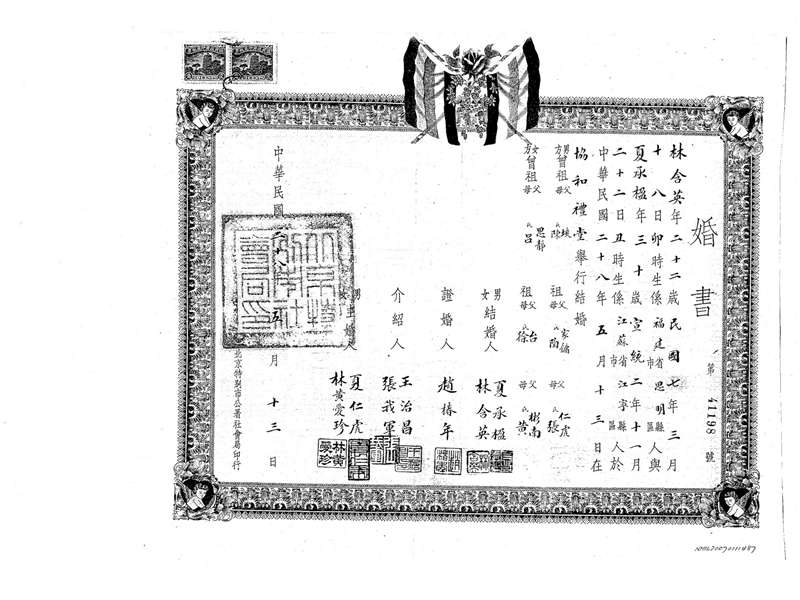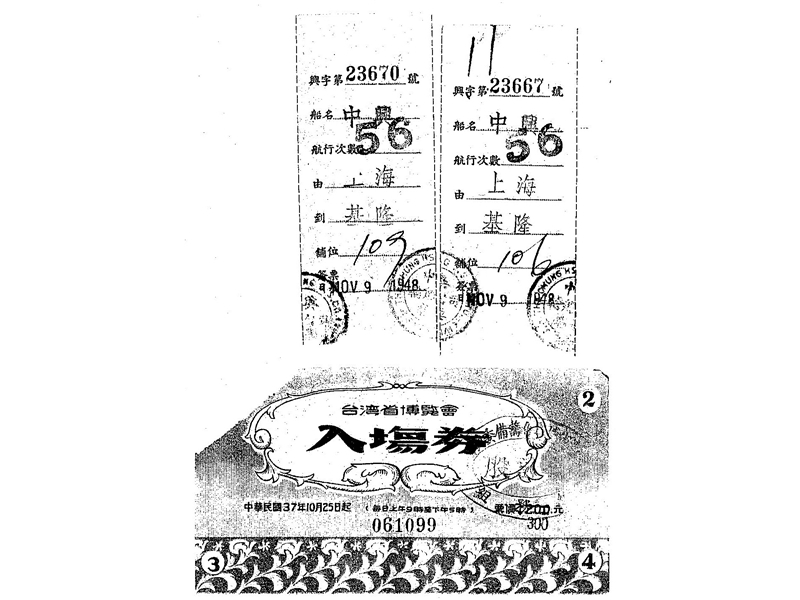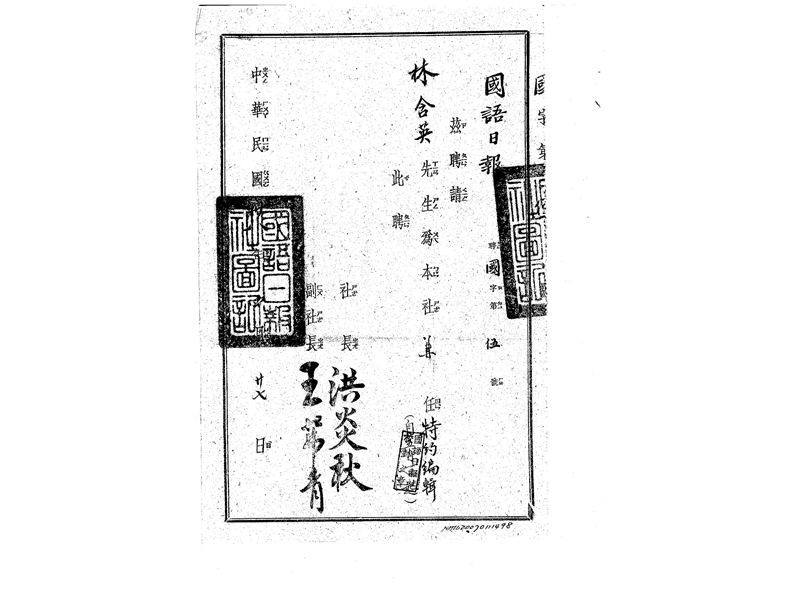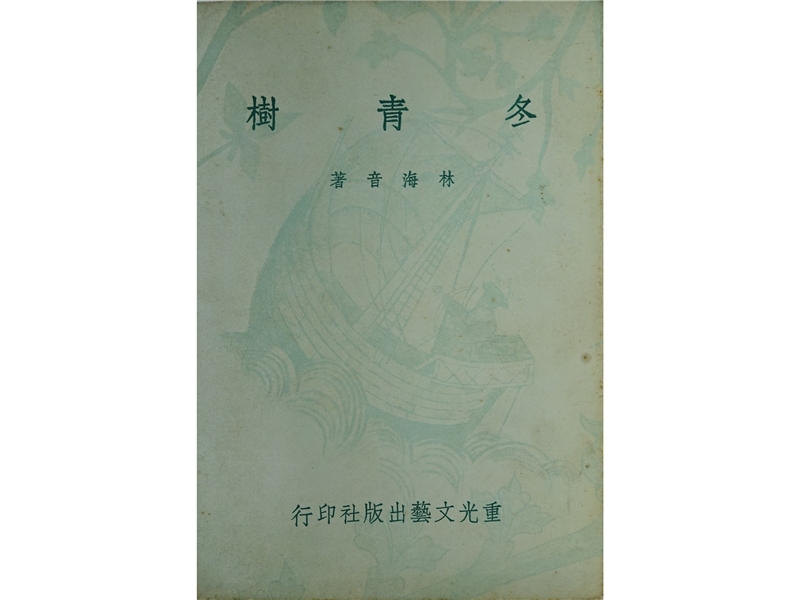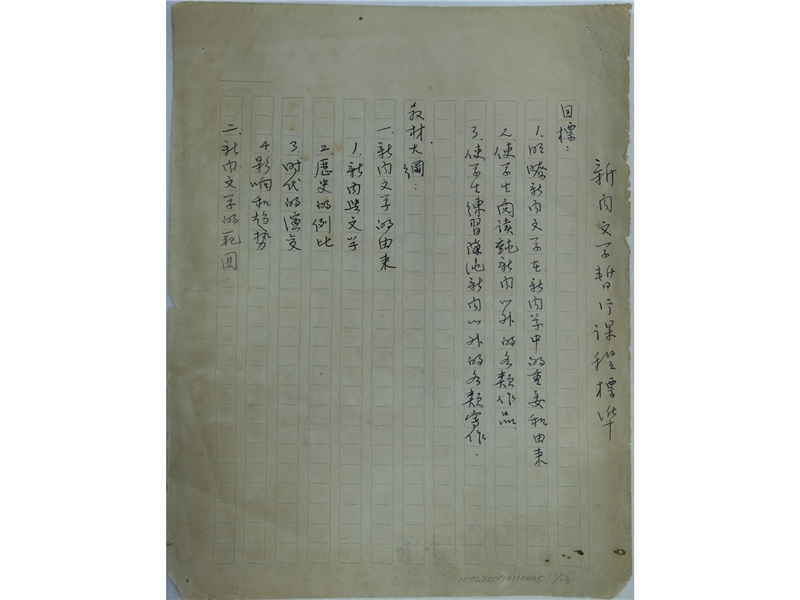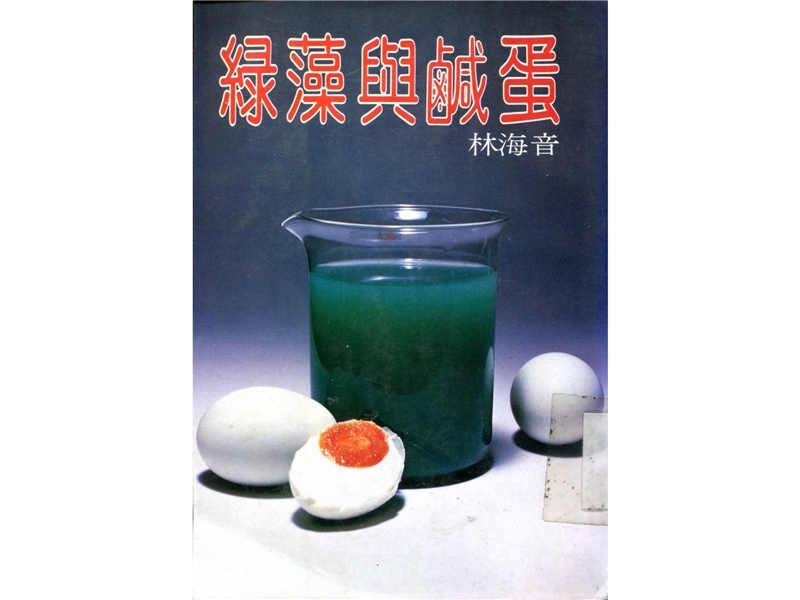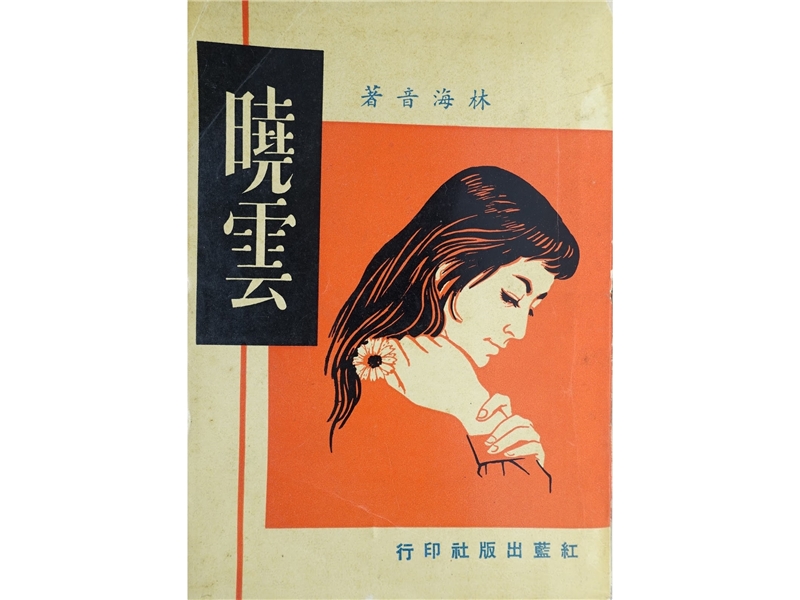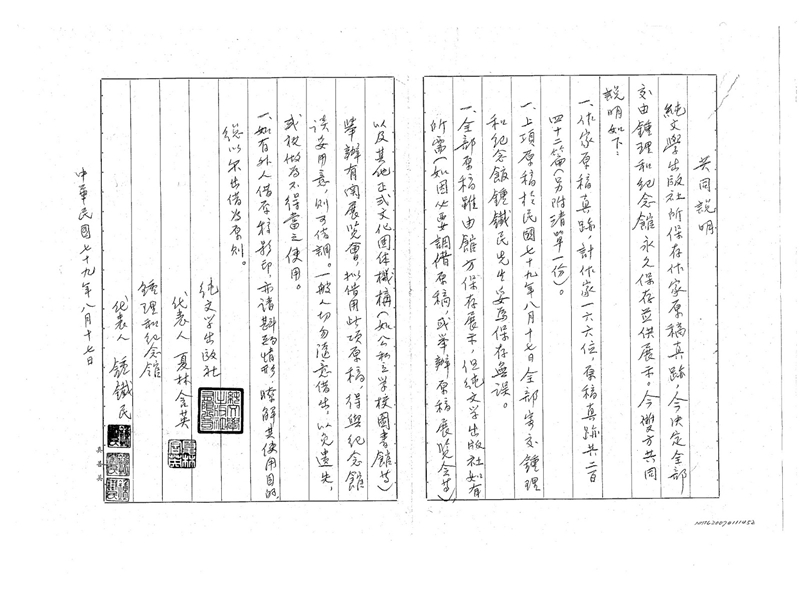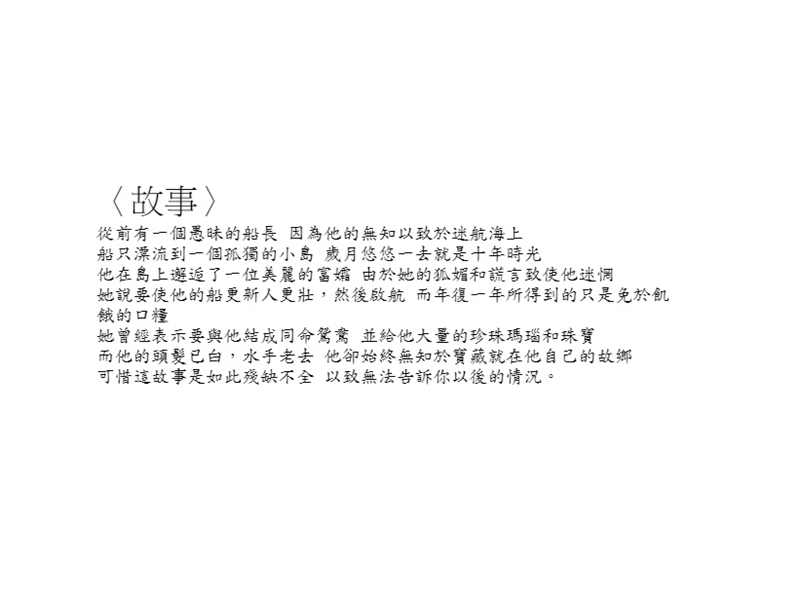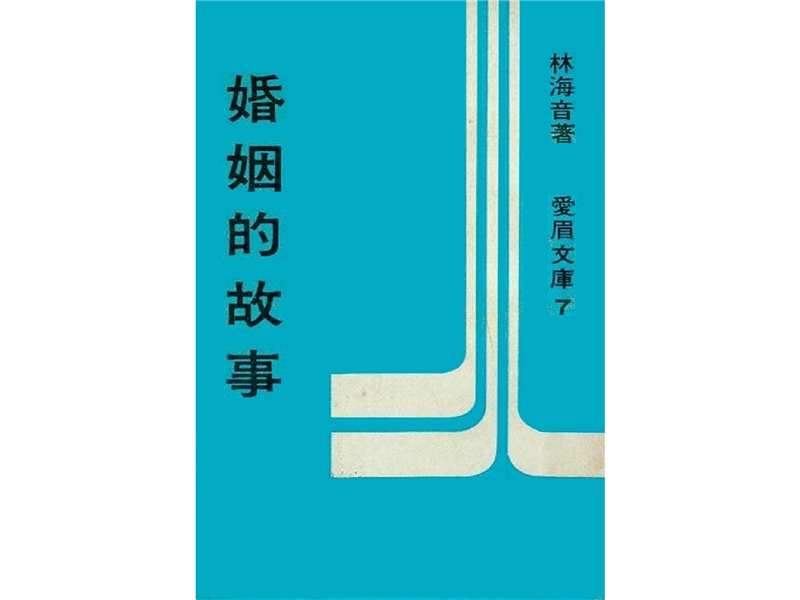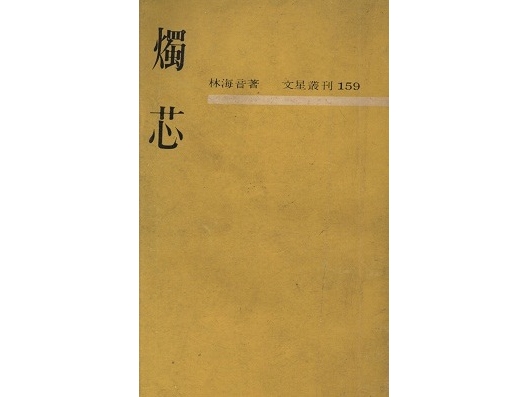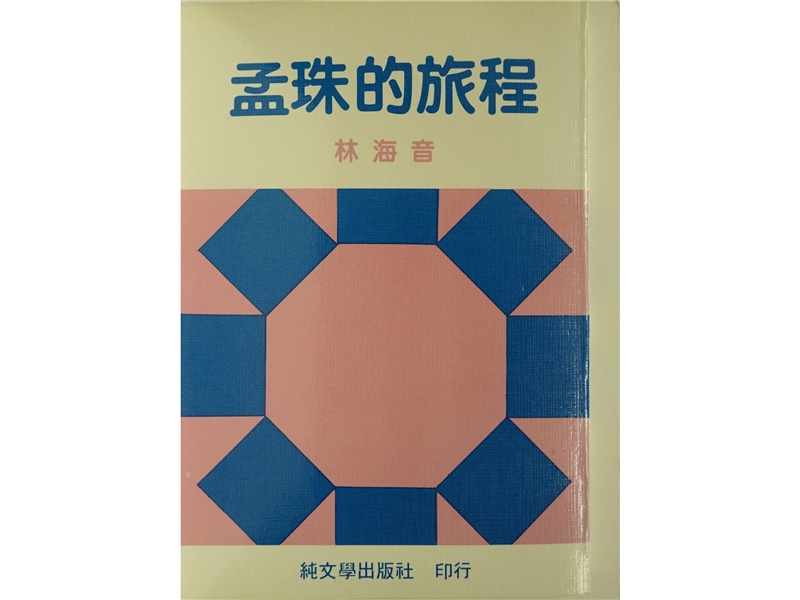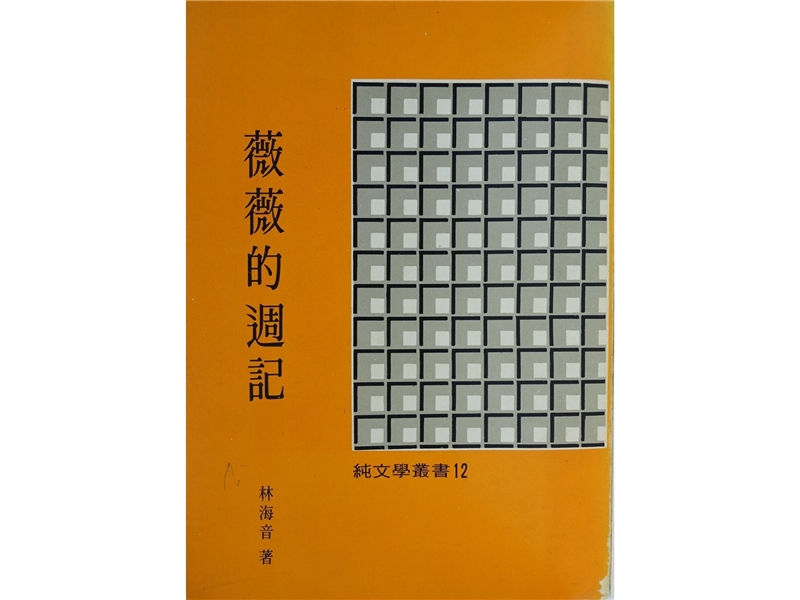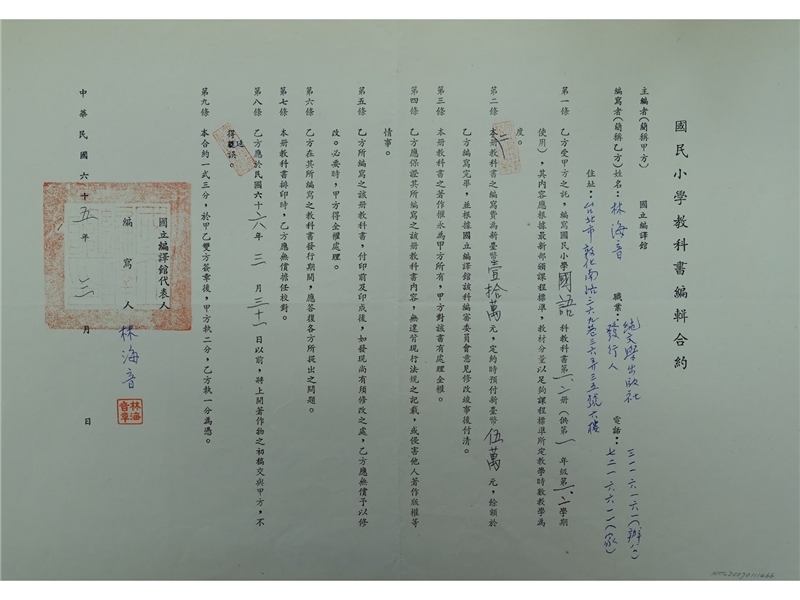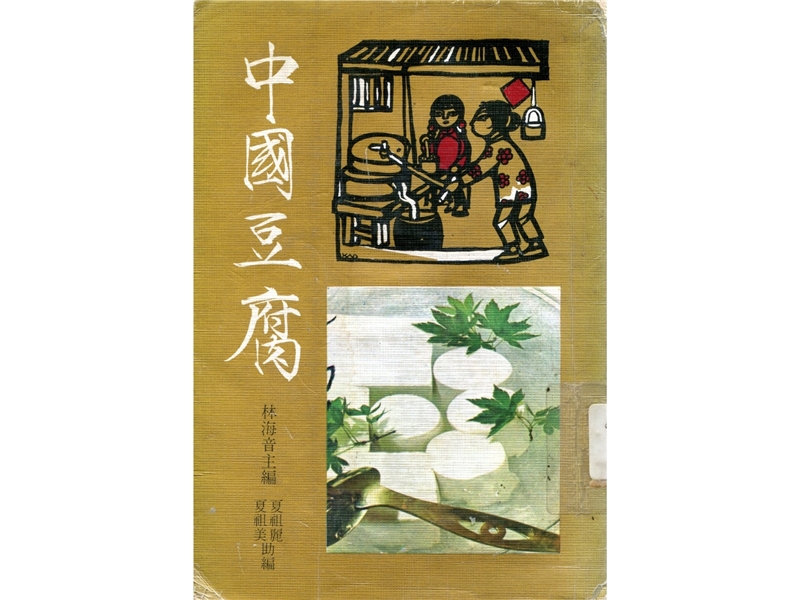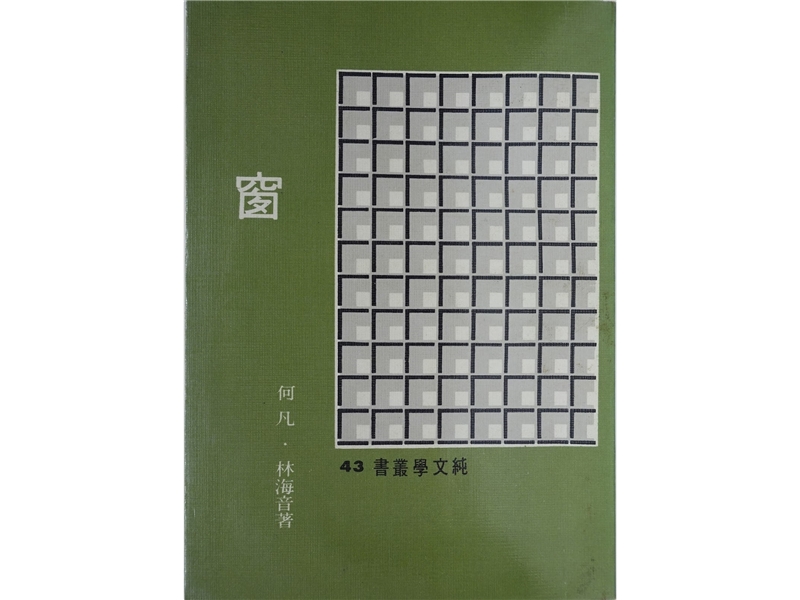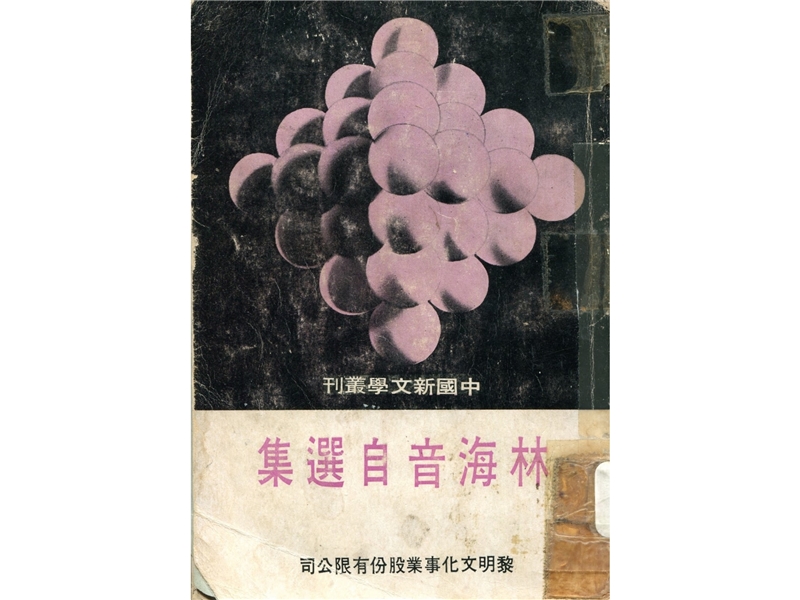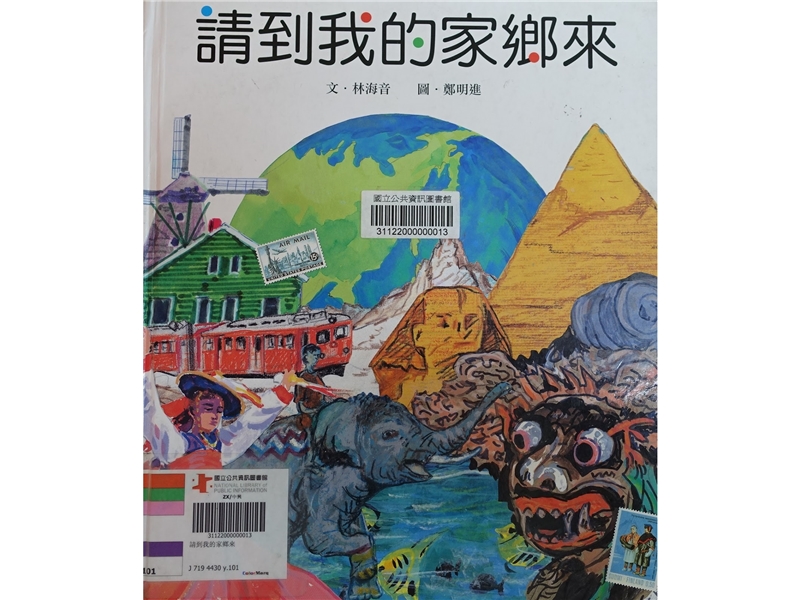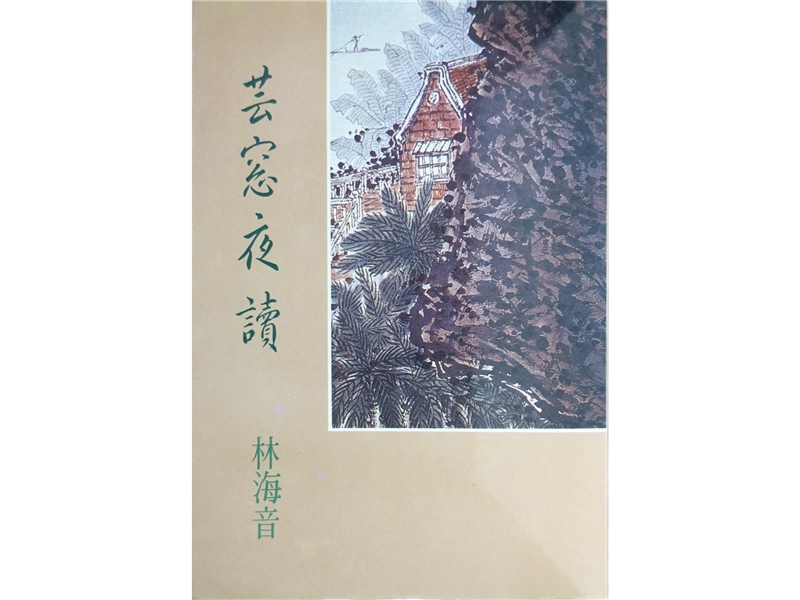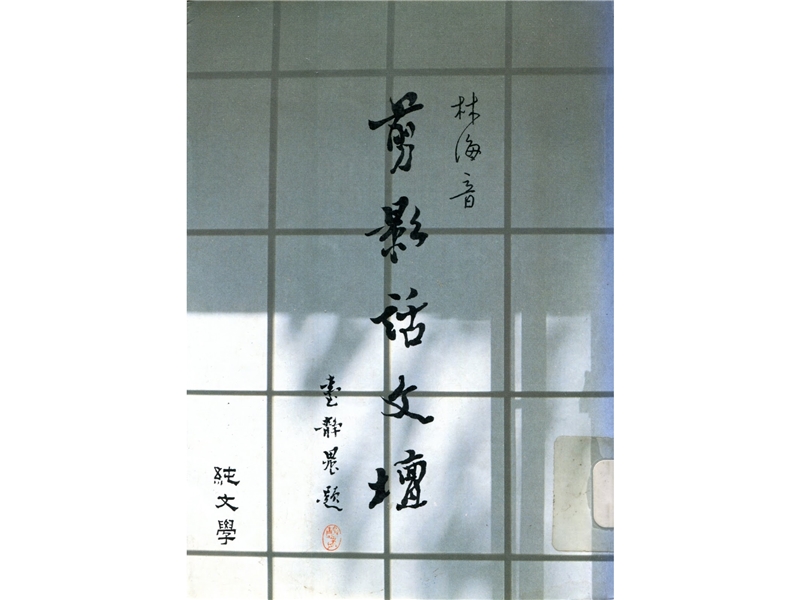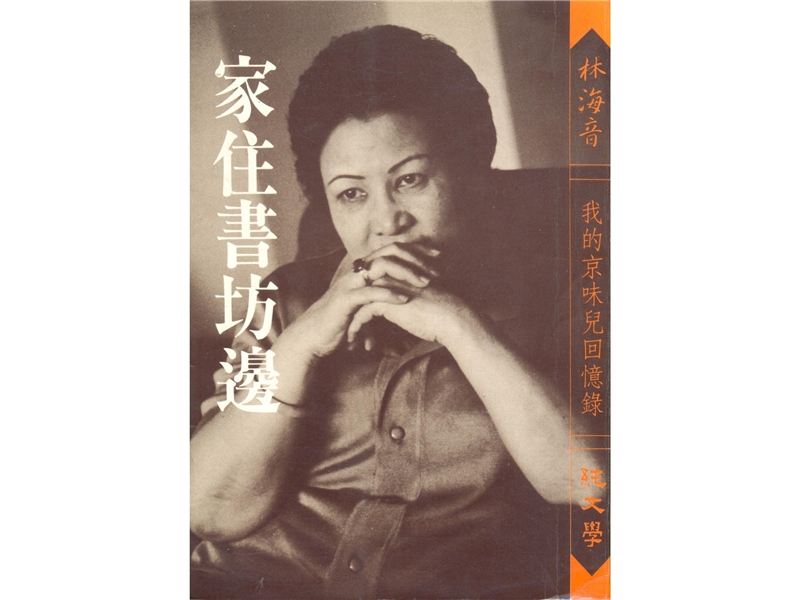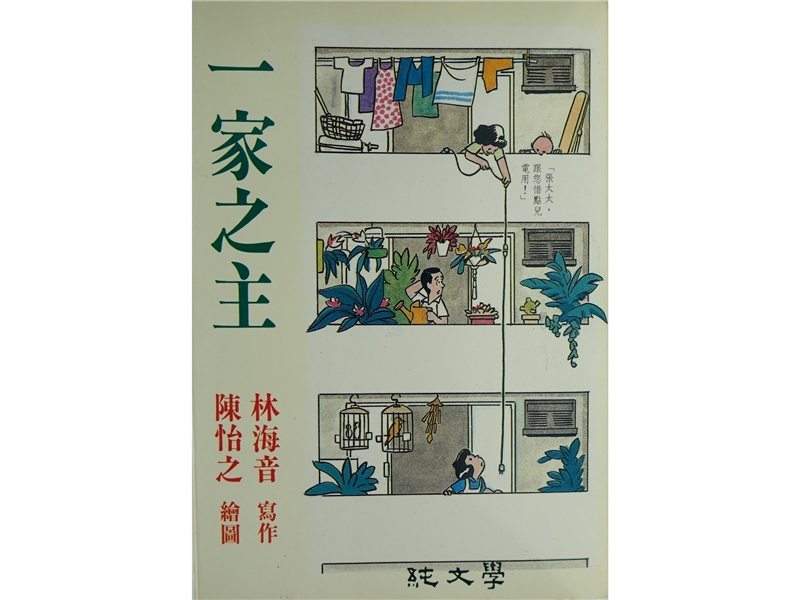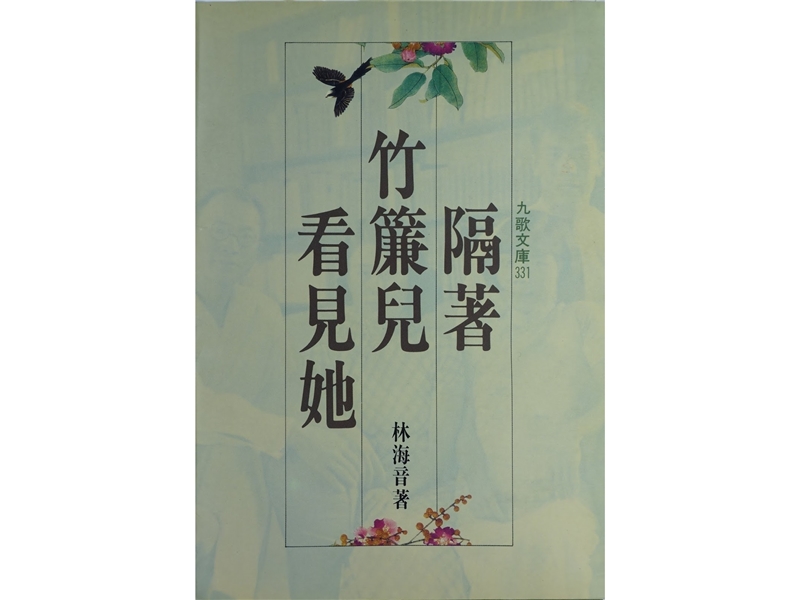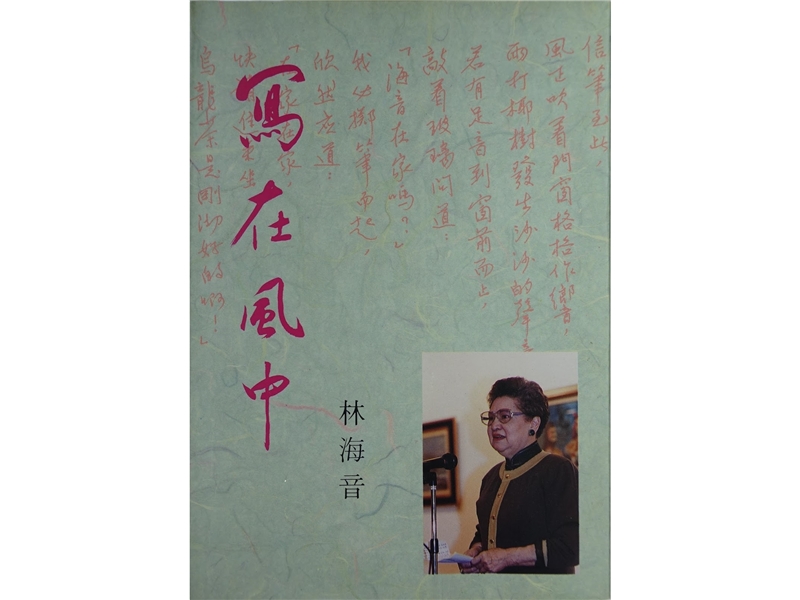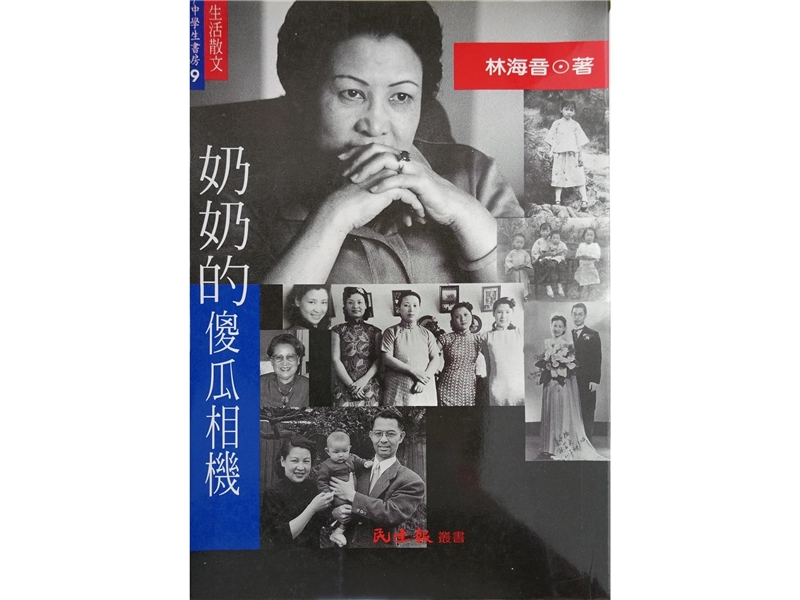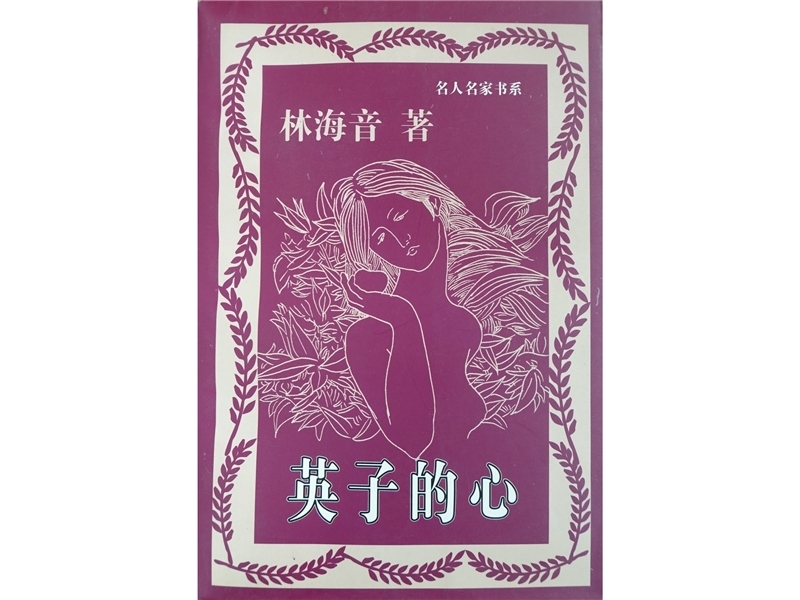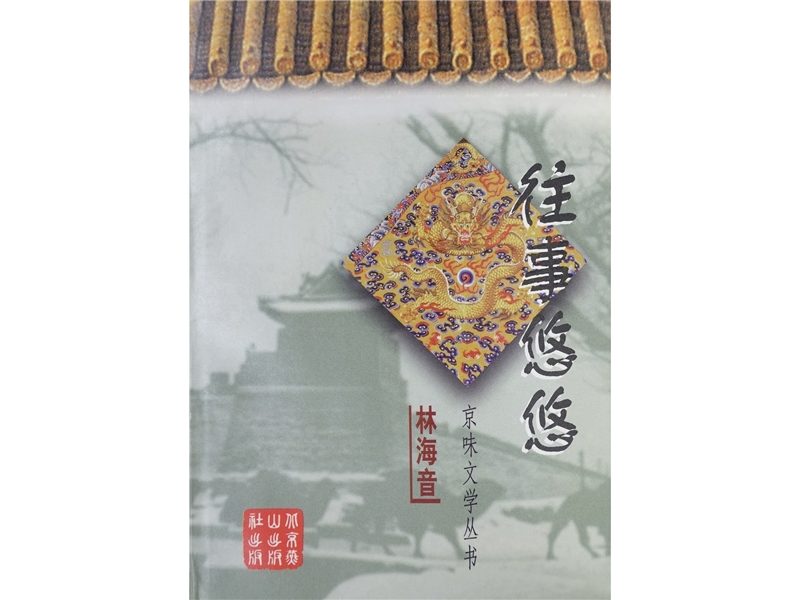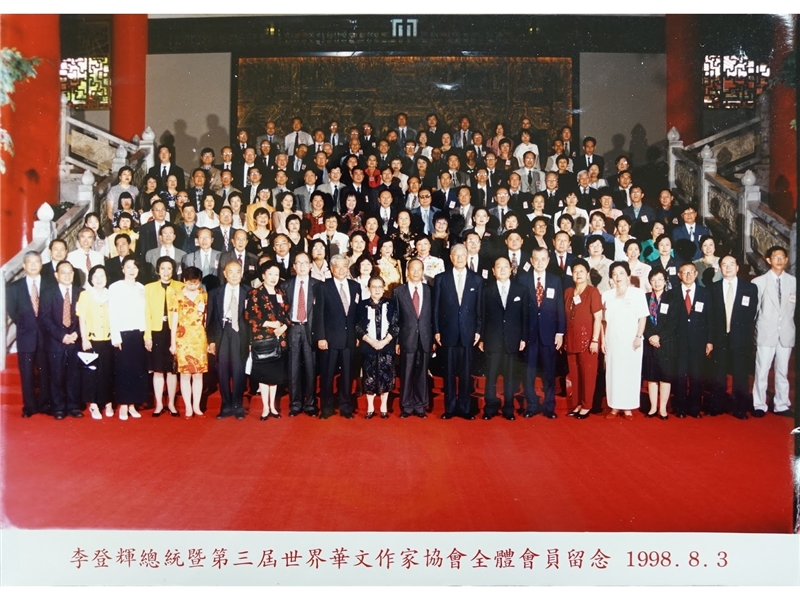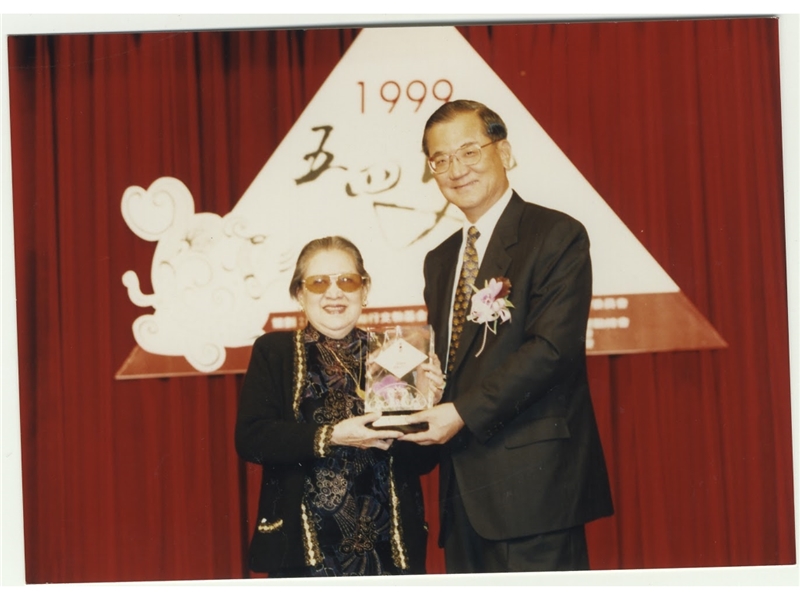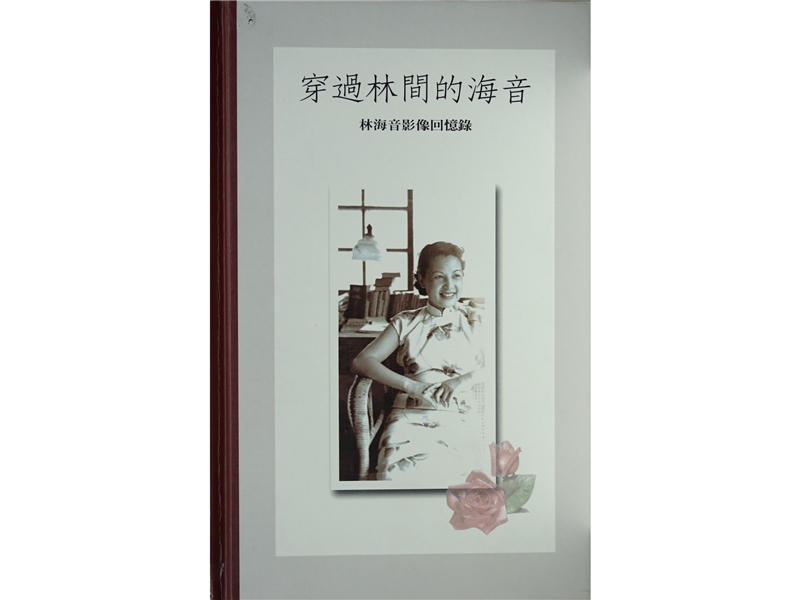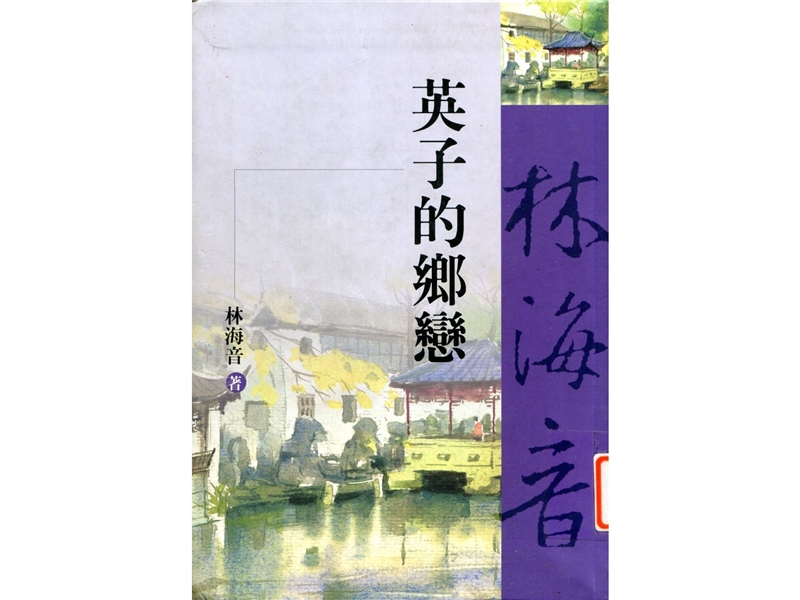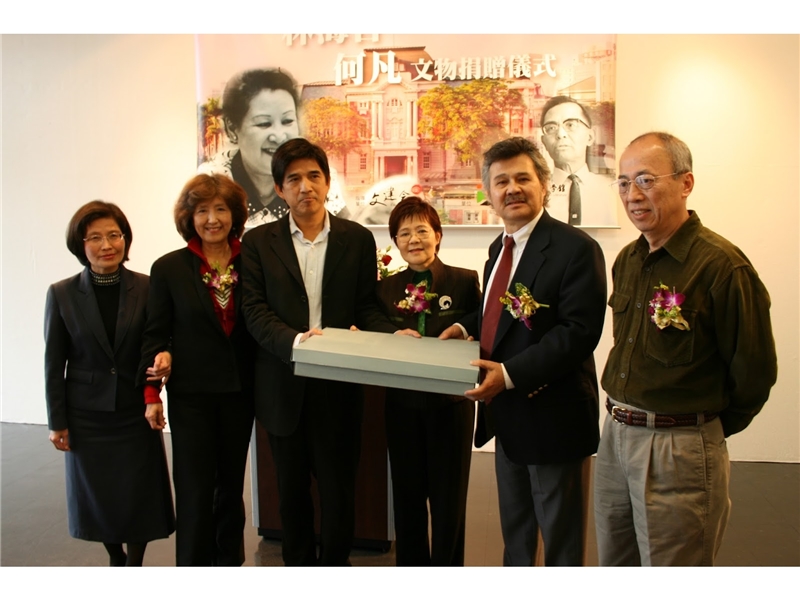Timeline
-
1918-2001
Lin Hai-yin
(note:Photograph provided by National Museum of Taiwan Literature)
-
1918
Born in Osaka, Japan
Born Lin Han-yin.
Father lin Huan-wen(also Known as Bin-nan,1888-1931), a native of Toufen, Miaoli. Mather Lin-Huang Ai-zhen.
-
1921
Hai-yin went back to Taiwan with her parents.
-
1923
Hai-yin went with her parents to Beijing.
(note:Photograph provided by National Museum of Taiwan Literature; Photograph was taken in Beijing)
-
1925
Hai-yin began classes at First affiliated Elementary School of Chan-dian Normal University
(note:Photograph provided by National Museum of Taiwan Literature; Photograph was taken in Central Park, Beijing)
-
1931
Father passed away
The poem “To the Lady of Camellias” published on The World Illustrated [shijie huakan].
-
1934
Enters Beiping World College of Journalism.
Hai-yin became acquainted with Xia Cheng-ying.
-
1937
Hai-yin began working at World Daily full time
-
1939
Hai-yin married Xia Cheng-ying
(note:Photograph provided by National Museum of Taiwan Literature; Hai-yin’s certificate of marriage)
-
1948
Hai-yin moved back to Taiwan with her family.
(note:Photograph provided by National Museum of Taiwan Literature; Ship tickets to Taiwan (photocopy)
-
1949
Hai-yin started publishing articles in newspapers
In May, Hai-yin began working at Mandarin Daily News as an editor; in December, she presided over Mandarin Daily News' Weekend Edition and remained in the position (until October 1994).
(note:Photograph provided by National Museum of Taiwan Literature)
-
1953
Employed as Chief Editor for the Literary Supplement of the United Daily News
During the period between November 1, 1953, and April 23, 1963, when she had been the chief editor of the Literary Supplement of the United Daily News , Lin Hai-yin was credited for discovering many literary talents, including Qi Deng Sheng, Zheng Qing-wen, Huang Chun-ming, Lin Huai-ming, etc. Lin also encouraged veterran writers to pick up the old habit again, such as Zhong Li-he, Zhong Zhao-zheng, Liao Qing-xiu, Chen Huo-quan, Shi Cui-feng, and others.
-
1955
Hai-yin published her first book, Common Holly
-
1956
Teaches at World College of Journalism.
(note:Photograph provided by National Museum of Taiwan Literature; Hai-yin’s hand-written teaching materials)
-
1957
Short stories Green Seaweed and Saled Eggs published
The first and second volume of "Story collection Memories of Peking: South Side Stories" published on Free China Volume 17, Issue 11 and 12.
-
1959
Hai-yin published her first full-length novel, Xiao-yun
-
1960
Story collection Memories of Peking: South Side Stories
On August 12, “In Memory of Zhong Lihe” was published on the Literary Supplement of the United Daily News. In October, with Zhong Zhaozheng and others, she established a publishing committee for Zhong Lihe’s posthumous works and later published Rain, a collection of Zhong Lihe’s novels.
(note:Photograph provided by National Museum of Taiwan Literature; The Agreement drafted by Lin Hai-yin)
-
1963
Capital Incident
Lin resigned as the chief editor of the United Daily News due to the publication of a poem named "A Story" by Feng Chih (Wang Feng-chih) on the newspapers on April 23, 1963. The poem was suspected by the government of insinuating that the captain in the work reflected the ignorance of President Chiang Kai-shek. The writer was thus detained in custody. The incident was called the “Captain Incident.”
-
1963
The English version of Green Seaweed and Salted Eggs was published.
Short stories Stories of Marriage Published.
-
1964
Started her involvement in children’s literature.
-
1965
Short stories collection Candle Wick and the first children's book Golden Bridge published.
-
1966
Children's literature Little Happy Comes Home, Old House of the Cai's, and prose collection Visiting America, The story of Two Place published.
-
1967
January 1, Hai-yin founded the Belles-Lettres Monthly and acted as the general manager and Chief Editor
Full-length novel Spring Breeze and Beautiful Sun, Meng-zhu's Journey, and children's literature We Have All Grown Up, The Bird that Doesn't Have a Fear for Cold Weather-Penguin published.
-
1968
Belles-Lettres Publishing House was established in December
Radio show script Wei-wei's Weekly Journal published.
-
1970
Hai-yin became a member of the Editing and Reviewing Committee for elementary school, Chinese-language textbooks under the National Institute for Compilation and Translation, and presided over the drafting of Chinese-language textbooks for first and second graders until 1996.
(note:Photograph provided by National Museum of Taiwan Literature; Signed the contract for editing the textbooks for elementary schools)
-
1971
The children's literature A Old Cat, and prose collection Chinese Tofu published.
-
1972
Prose collection Window published
-
1975
Lin Hai-yin'sOwn Collection published
-
1976
Attended the 9th Annual Conference of the Hong Kong Chinese Practitioner Association.
Children's literature Aesop's Fables published.
-
1978
Children's literature Welcome to My Hometown published.
-
1982
Memories of Peking: South Side Stories was adapted to film, directed by Wu Yi-gong
Prose collection Nighttime Reading by the Window published.
-
1983
Mother passed away
In July, Memories of Peking: South Side Stories won the Golden Eagle Prize from the 2nd Manila International Film Festival.
-
1984
Profiles of Literary Figures published
-
1987
Prose collection Living by a Bookstore-My beijing-flavord Memoir published
Lin Hai-yin's collection of fairy tales-stories and Lin Hai-yin's collection of fairy tales-animals published.
-
1988
Lin Hai-yin's Prose publish
The comic essay Head of the House published.
-
1991
Translated Miss Porter's Fairy Tales
-
1992
The English version of Memories of Peking: South Side Stories was published
Prose Seeing Her Across the Bamboo Curtaions published.
-
1993
Sort stories collection Gold Carp's Pleated Skirt published
Prose Written in the Wind published.
-
1994
Memories of Peking: South Side Stories named best children’s book by China Times ’ Open Book section. Children's book Allegoric Words published, Prose Granny's Fool-proof Camera and The One Who Lives published.
-
1995
The Japanese version of Memories of Peking: South Side Stories was published
Hai-yin closed down Belles-Lettres Publishing House.
-
1996
Ying-zi's Heart(compiled by Fu Guang-ming)and The sorty of Two Cities (co-authored by He Fan)published.
-
1997
The German version of Memories of Peking: South Side Stories was published.
In November 12, the National Museum of Modern Chinese Literature in Beijing held a seminar on Hai-yin’s works. A long Time Passing(compiled by Fu Guang-ming)and Lin Hai-yin's Works in five installments.
-
1998
Hai-yin was presented with the Lifelong Achievement Award at the third World Chinese Writers Conference
(note:Photograph provided by National Museum of Taiwan Literature; Photo of all the members of the 3rd World Association of Chinese Writers taken with former president Lee Teng-Hui)
-
1999
The German version of Memories of Peking: South Side Stories won Switzerland's Blue Cobra Award
Hai-yin was presented with the second May Fourth Award for Literary Contribution.
(note:Photograph provided by National Museum of Taiwan Literature)
-
2000
Hai-yin received an Honorary Literary Medal from the Chinese Writers' and Artists' Association
Memories of Peking: South Side Stories ranked as one of the 100 Best Chinese Fictional Works in the 20th Century by Hong Kong’s Asia Weekly. Lin Hai-yin's Works in twelve installments and The Sea Sounds that Pass Through the Woods—Lin Hai-yin's Visual Memoir was published.
-
2001
Hai-yin passed away
On October 15, Hai-yin became one of the first group of Shih Hsin University alumni to be honored for lifelong achievement.
-
2003
Ying-zi's Homesickness published
-
2007
The donation ceremony of Lin Hai-yin and He Fan's Precious Cultural Relics at Council for Cultural Affairs, Executive Yuan, organized by the National Museum of Taiwan Literature
(note:Photograph provided by National Museum of Taiwan Literature; Photograph of the donation ceremony: Wu Li-zhu, Gong Ming-Qi (Xia Zu-Zhuo’s wife), Qiu Kun-liang, Xia Zu-li, Xia Zu-Zhuo, Zhang Zhi-Zhang)
-
2010
Exhibition of "listening to the Sea beyond the Woods-An Exhibition of the Lin Hai-yin Archives" was hosted at National Museum of Taiwan Literature
